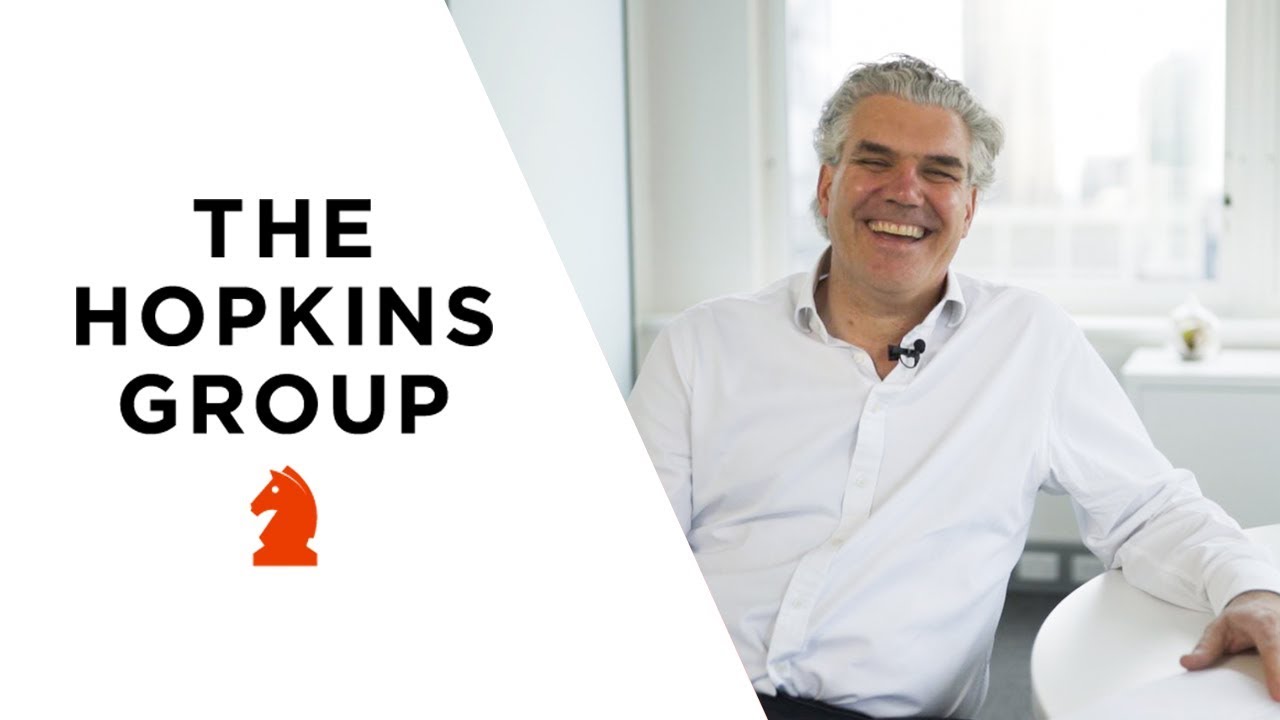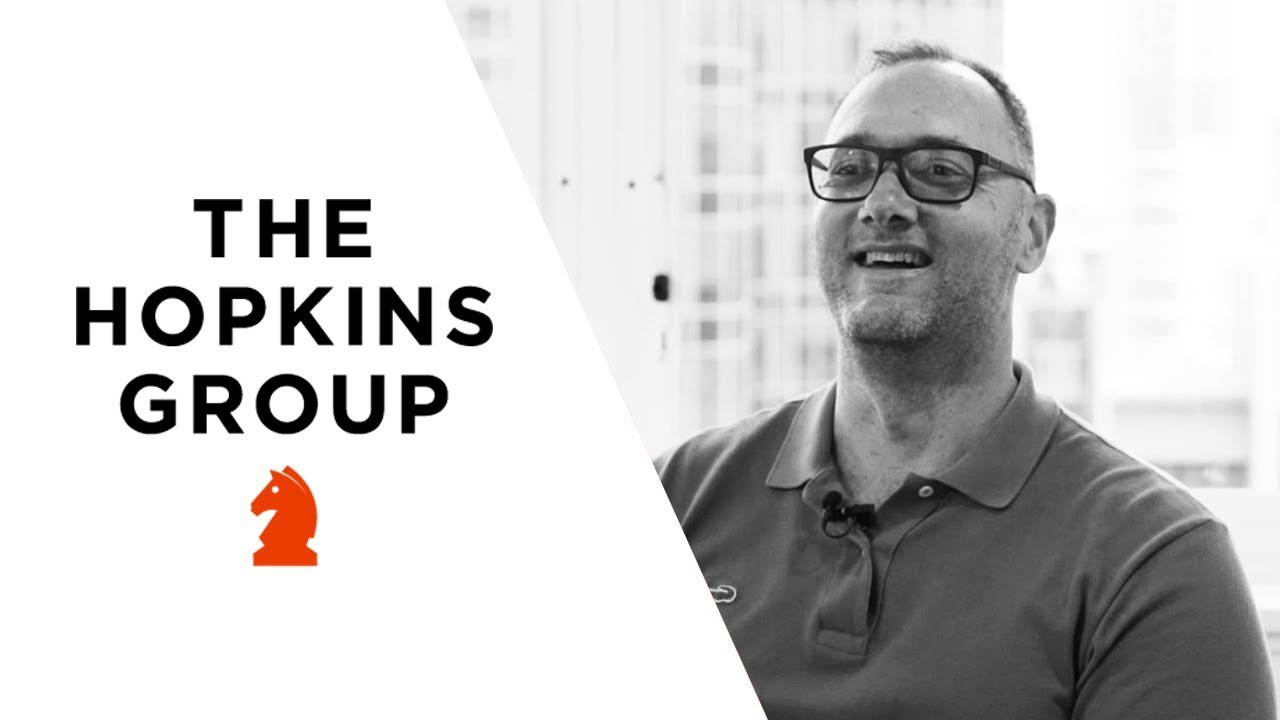COVID-19 has created a great deal of uncertainty within the community. Job losses, rental vacancies, and time to dwell on our woes is freezing some people from acting. These are understandable and natural reactions. Human beings dislike uncertainty, so our natural reaction is to retreat from decision making and protect what they have; but it doesn’t have to be this way.
People who have a financial adviser are likely to be less anxious about an unknown future and more focused on their ideal financial future. With this in mind, here are my top seven reasons why now is a great time to seek financial advice.
1. You have time
The limitation of activities (particularly in Melbourne), less time commuting to work and less driving the kids around, means that you have time to commit to seeing an adviser.
At The Hopkins Group, we are conducting financial advice meetings online. This makes it easy for you. There is no travel to and from our office, there is no car parking, and best of all no traffic! This reduces the time commitment to the meeting time with your adviser. When you’re done, you can go back to doing whatever you were doing at home.
2. You can plan for your future
Major disruptions like the coronavirus force us to think about the future we want to have. Maybe you are thinking of a career change, maybe you have rekindled the long lost dream of self-employment or you’ve decided that a sea or tree change is for you.
Lockdown has allowed busy human beings to slow down and reassess our lives. A financial adviser can help you make the right financial decisions to allow your desired future to become a reality.Riding to work rather than driving the car could save you at least $100 per week ($5,200 per annum), drinking coffee in the office could save you $25 per week ($1,300), bringing lunch from home could save $50 per week ($1,300) – that’s $7,800 savings over a year! These small amounts add up.
New habits can be established. We all have habits that we fall back on in life, but if you have been out of your normal routine for the past couple of months, your usual habits most likely have been broken. This could be everyday things like buying a coffee every morning on the way to work, buying lunch every day, gambling, going to the pub or driving to work.
New habits take 21 – 63 days to form, depending on your personality, so give it time; but lockdown is an opportunity to develop new habits and behaviours that might be more beneficial to your long-term financial position. For example, riding to work rather than driving the car could save you at least $100 per week ($5,200 per annum), drinking coffee in the office could save you $25 per week ($1,300), bringing lunch from home could save $50 per week ($1,300). These small amounts add up. If you were to change all these habits you have just saved $7,800 in the year. This money, when invested well, additional mortgage repayments made or used to pay off the credit card, saves you heaps of money over the long-term.
4. You are living on less
Because of the virus, many of us who are still working, who used to go out to dinner, travel overseas and spend money too easily are probably finding it easy to save money. If you change your behaviour, this can be an opportunity to make the changes stick. The break from the past is a chance to make it a permanent savings habit rather than a temporary one. Small amounts of saving add up over time, especially if you have the right advice and the savings are directed for a better financial future.
5. Markets are volatile
Getting your investment strategy right now will allow you to benefit from the winners in the new economy. Investments are not set and forget. The right asset allocation makes a massive difference to your returns over time. The right exposures within asset classes add to your returns. Speak to your adviser today to review your investments.
6. Mortgage rates are low
If you have not refinanced, reviewed, or reworked your mortgage for five years, now is a great time. The competition among lenders is fierce. They are offering cash rebates, low rates, and cheap fixed rates for quality borrowers. If you have equity in your home, a stable income and are willing to change lenders, now is a great time. Fixed rates are the lowest versus fixed rates I have seen in my 20 year career. In many cases, fixed rates are 60 – 70 basis points lower than variable. That said, fixing is not for everyone, so speak with a mortgage specialist (like Loreen Dyer from The Hopkins Group) first to determine if fixing your rate will benefit you.
7. Tax advantages
The government has many schemes to support the economy. These range from JobKeeper and JobSeeker, to first home buyer schemes, self employed asset write offs, claiming deductions for home office expenses during lockdown and the home renovations scheme. If you are not on top of these, you are likely to miss out on benefits you are entitled to. A full-service advice firm like The Hopkins Group will make sure you do not miss out!
Financial advice is always valuable, but especially so during high uncertainty. Invest the time to have an initial (online) appointment with an adviser from The Hopkins Group, while you have time. There is no obligation, and you might find a way to live your dream future.





